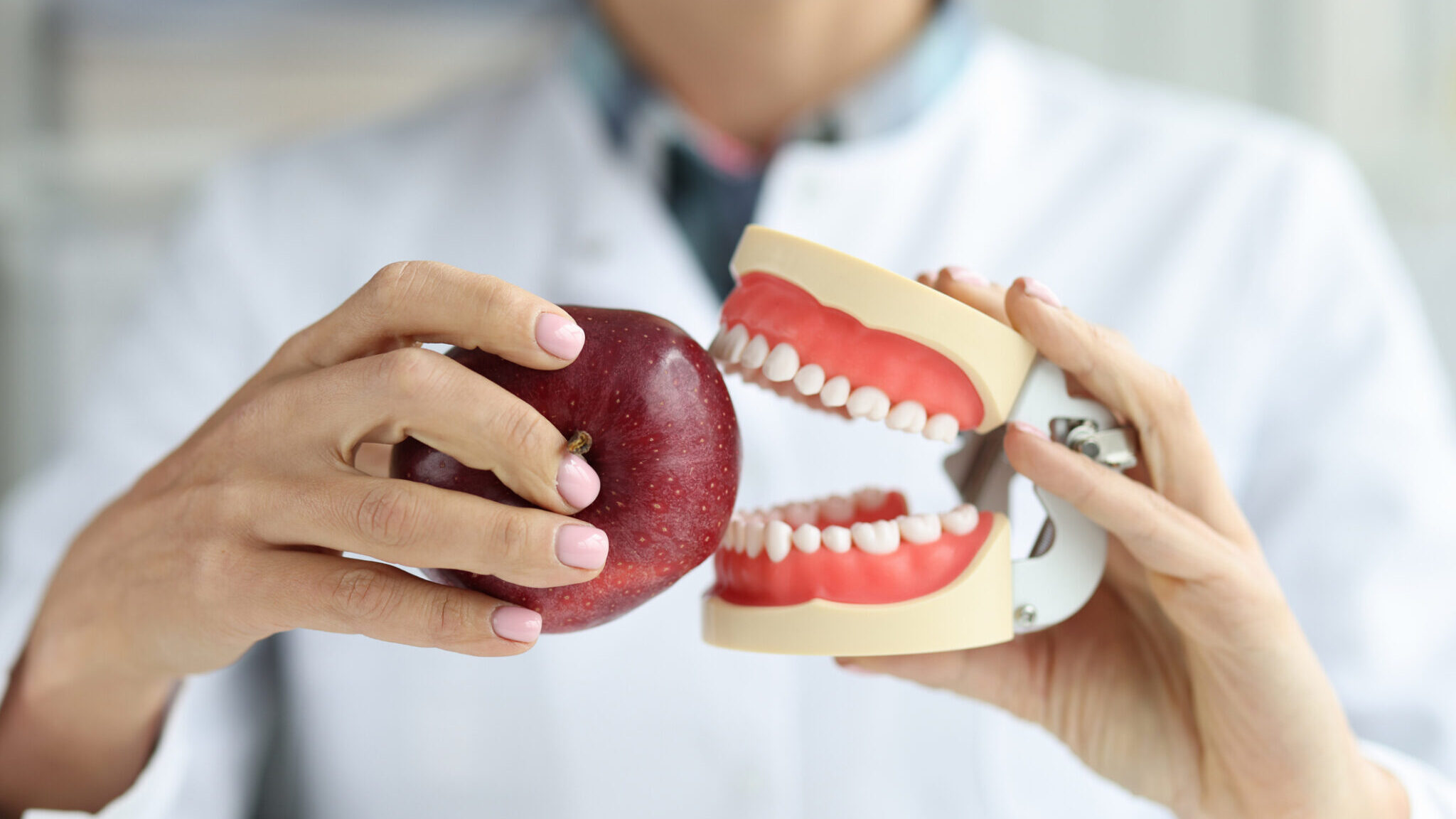The Holidays are a time of year for celebration. Time to spend with family and friends.
It can also be a time of reflection. Many of us will look back on “the year that was” to celebrate our successes. We will also use it as a time to look forward to the year ahead and consider areas for potential improvement in our lives – both personally and professionally.
Unfortunately, for many, the Holidays are one of the most difficult times of the year. The pressure to meet the public expectation of “being happy” when you are struggling can take an immense toll.
Even in a nation as fortunate as Canada, up to 500,000 Canadians miss time from work every week as a result of a mental health issue![1] By the age of 40, as many as 50% of Canadians will have experienced some form of challenge with their own mental health.[2]
And even as initiatives such as Bell’s Let’s Talk strive to reduce the stigma associated with mental health disorders, the reality is that many simply suffer in silence…too afraid of what those around them will think to admit that they require help.
Sadly, dentistry is not immune to the challenges that lead to mental health issues. In fact, the suicide rate amongst the dental profession is 2.5 times higher than that for the general population.[3]
Yet this reality is seldom discussed within the profession with any sense of urgency. It may receive casual mention periodically. But when it comes to mental health and dentistry, the topic tends to focus on how dentists can detect signs of mental health conditions in their patients, the link between oral health and mental health or how to properly care for patients who suffer from some form of mental health challenge.
All of these are important topics. But they do not help address the issue of the challenges the dental community itself faces with mental health. If anything, these factors will simply be added to the list of the various stresses that can compromise individual wellbeing within dentistry. These factors can include:
- the pressure to be on time and deliver service in more than one operatory simultaneously;
- the need to correctly diagnose a patient’s oral health condition and the potential legal liability for failing to do so;
- our tendency to be perfectionists and stressing about the possibility of providing treatment that does not seem with those standards;
- dealing with patients that are anxious to be in the dental office in the first place and may resent the fees you charge them;
- the general stress of operating a business and knowing you have team members who rely on your success to look after their own families.
By no means is this an exhaustive list. But it is enough to understand why dentists can be more prone to suicide than the general population.
This is why I am proud to be involved in a brand new initiative known as The Dental Mental Health Network. It is something being started by some of my friends and colleagues in the Unites States and it seeks to reduce the stigma of mental health issues in dentistry. And not to worry…it will be available to Canadian dentists in need as well.
Perhaps one of the most important parts of the mandate of this organization will be to remind dentists that sometimes you need to be the patient…and that it is ok to not be ok. It will help provide you with resources that you may need when you most need them. It will be there to support you at a time when all you can see is darkness.
I look forward to being able to share more information about this organization very soon.
Until then, as we head into the Holidays and a new year, I wish you all the Best of the Season. May your New Year be Happy and Healthy…both mentally and physically.
References:
[1] “Mental Health and Wellness: Is it Time to Reach Out?”, CDA Essentials, 2014, Volume 1, Issue 5, page 35.
[2]https://cmha.ca/fast-facts-about-mental-illness
[3] Elizabeth Brown, “Are Dentists Really More Prone to Suicide?”,https://www.vice.com/en_us/article/5344jz/are-dentists-really-more-prone-to-suicide
About the Author
Shawn Peers, L.L.M., M.B.A. is the President of Dental Peers.












